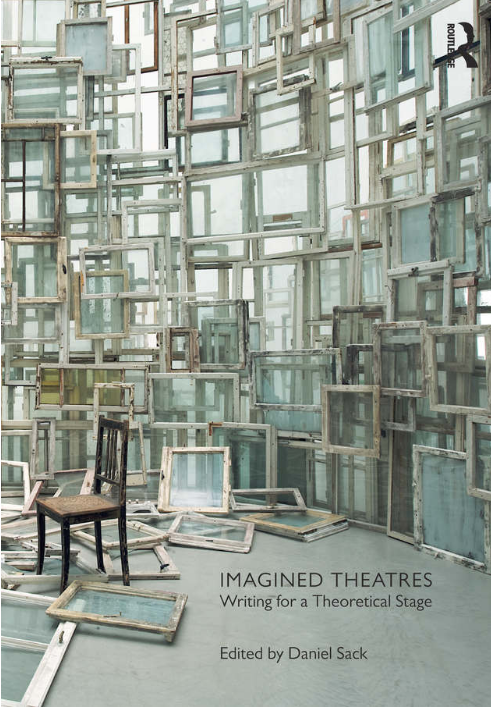Introduction to “The Face Gone:
Generation in Presentist Poetics”
presented at ASAP 9, 27 October 2017
“Generation and the Arts of the Present”
with Lawrence Rinder and James Smethurst;
chaired by C.D. Blanton; Rita Raley, respondent
In critical and creative terms, “generation” is a blindspot in the discourse of the arts of the present. My essay starts by questioning the reliance on art historical, literary, and critical paradigms of periodization as assumed across the disciplines: from Foucault’s “epistemic shift” to Jameson’s “cultural logic of late capitalism” to periodizing notions of the literary, artistic, or cultural succession of one movement, school, style, or group to the next. Rather, I see “generation” as a cultural logic is negotiated at every moment in poetic practice: for instance, Language writing does not simply succeed and overturn the “presentness” of the New American poets, nor is it simply overturned by conceptualism or new activist poetries—rather, a complex negotiation of generation takes place at each moment, which may be seen both within the details of the work or movement’s construction or self-understanding, and externally in terms of its aesthetic positioning. … More















